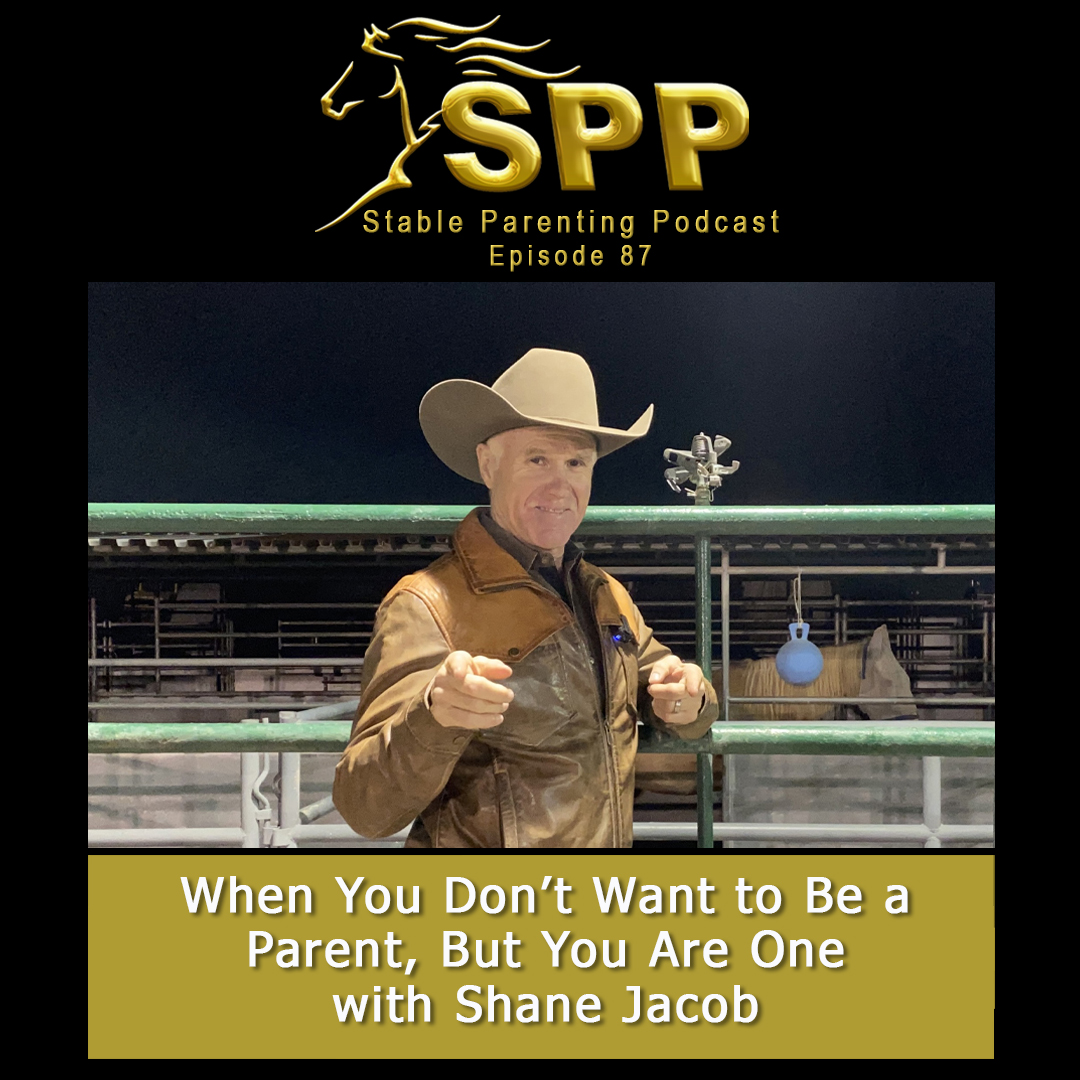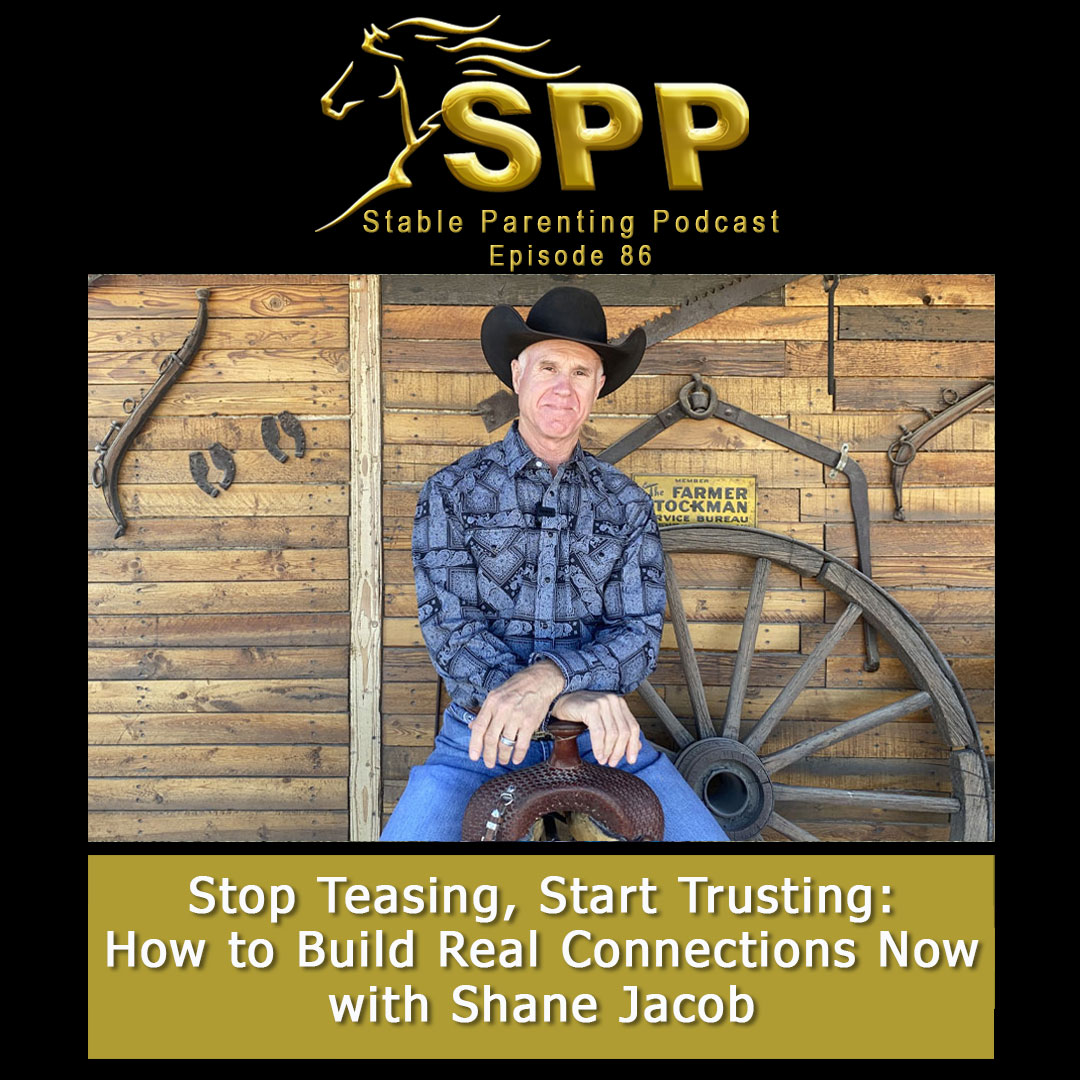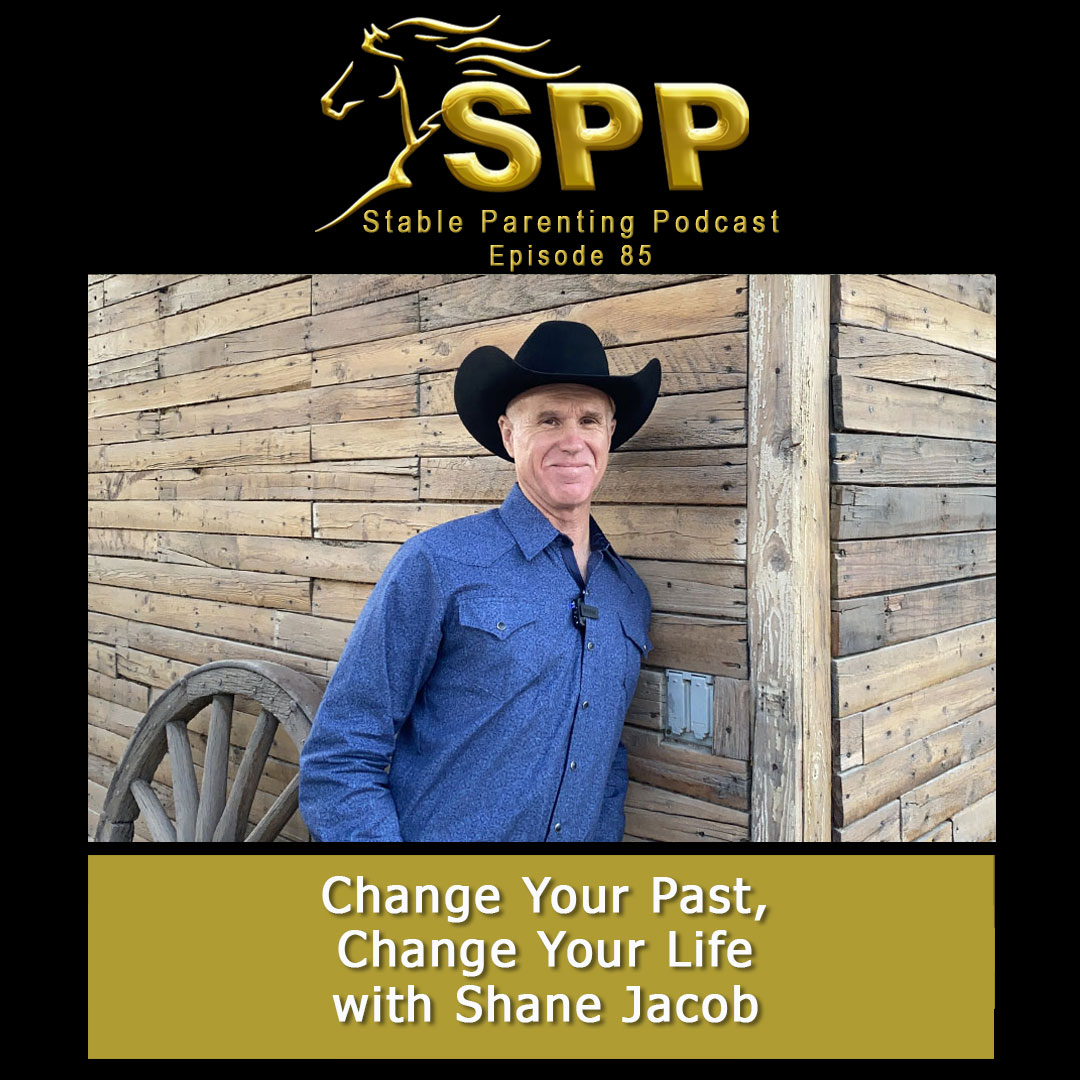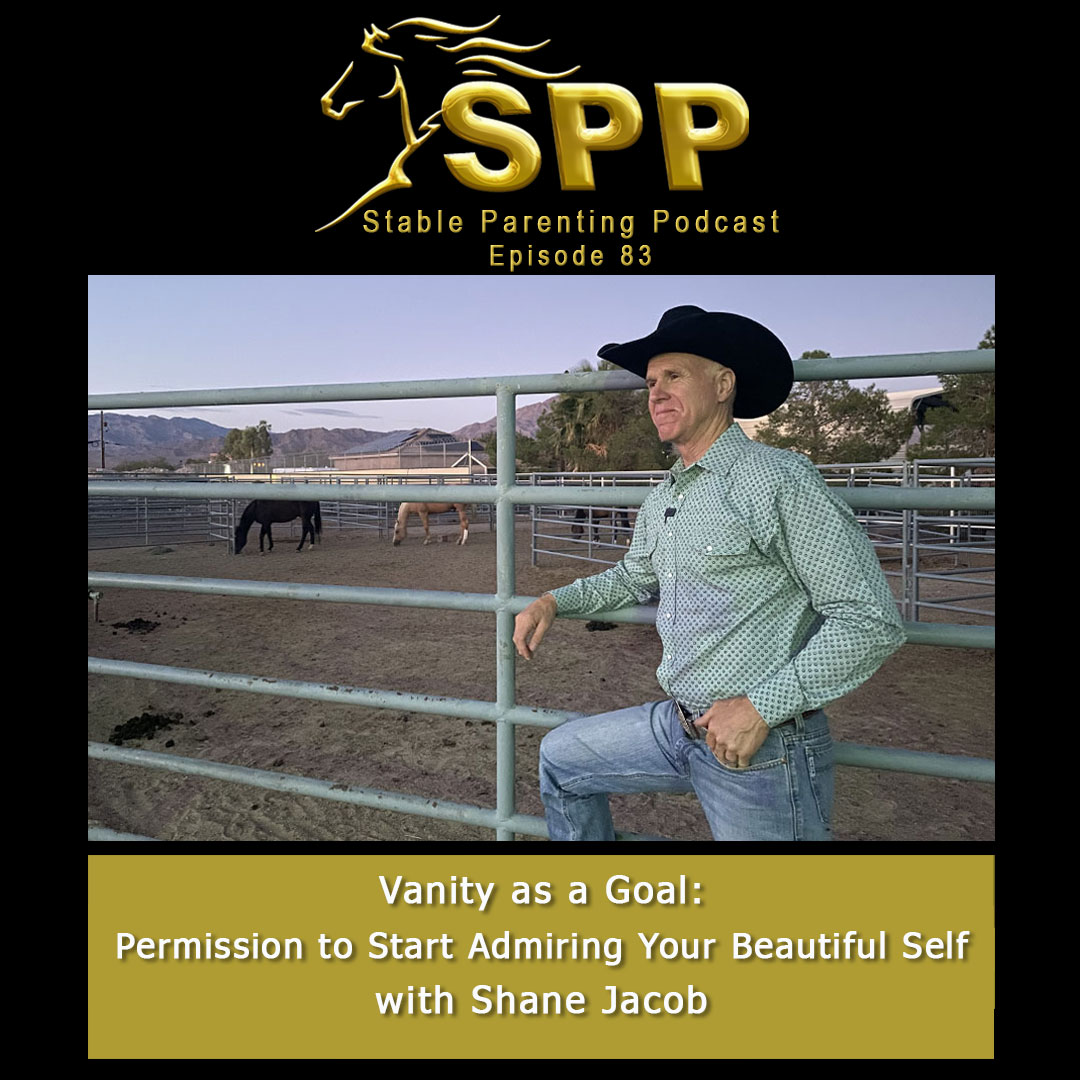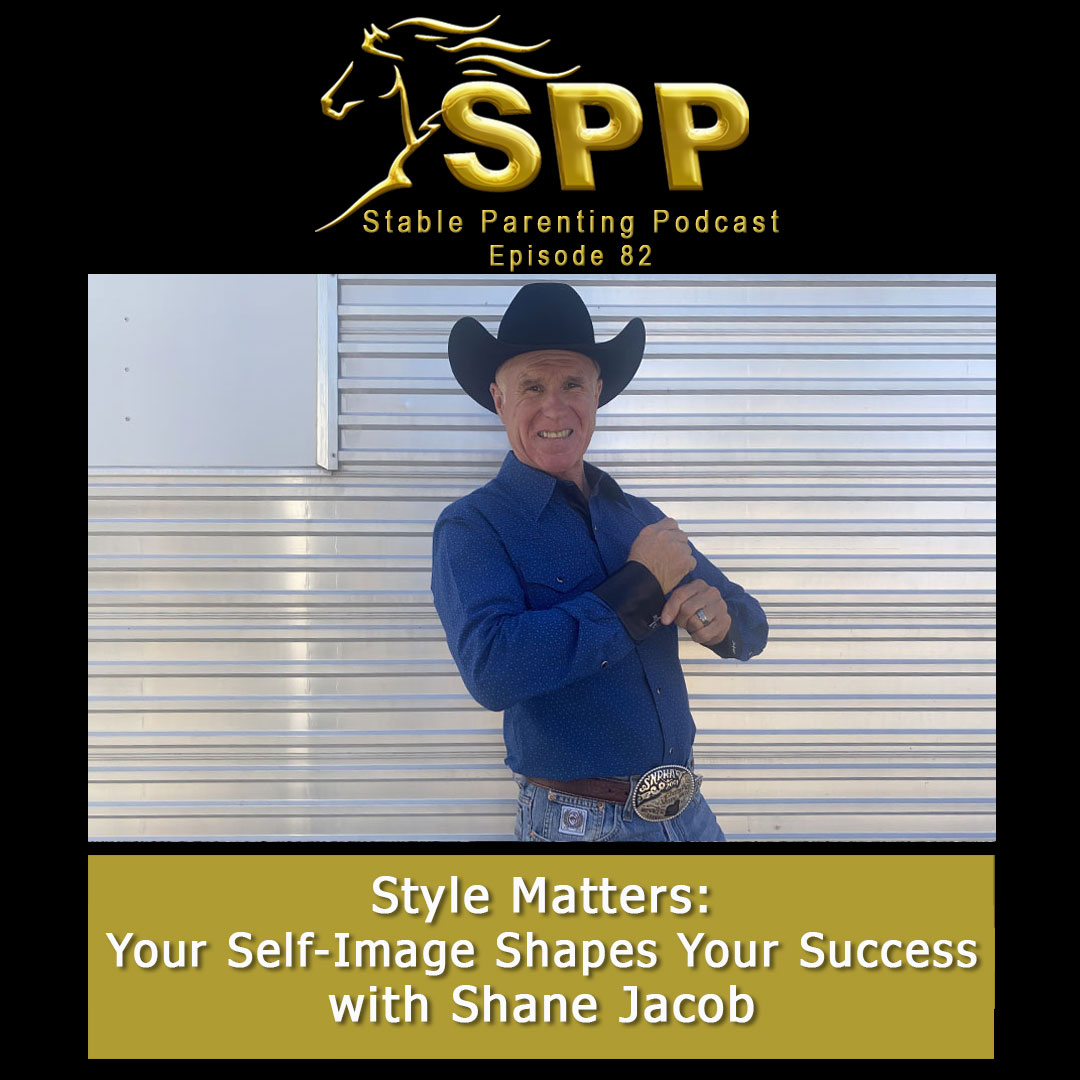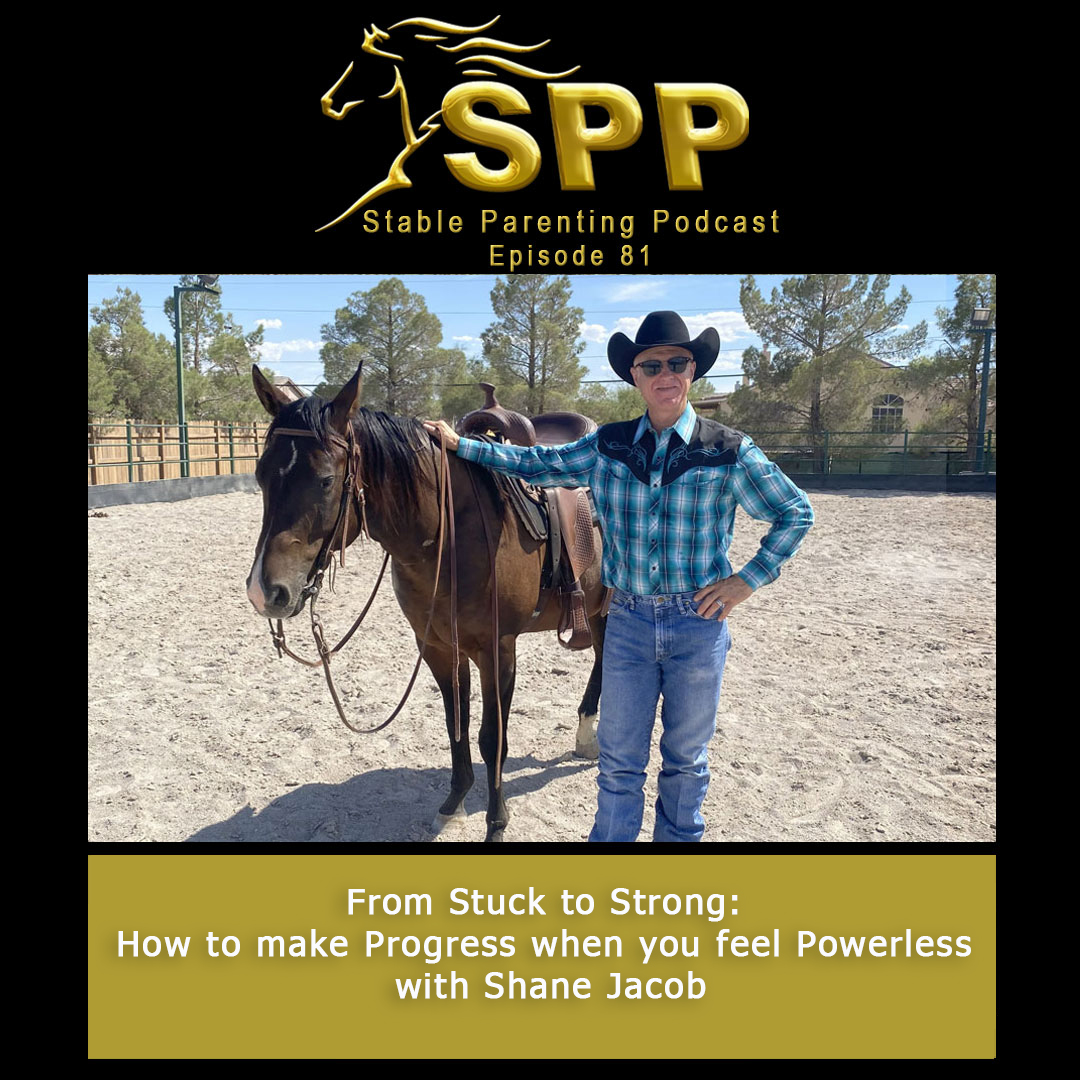Why Beating Yourself Up as a Parent Hurts More Than You Think
Welcome – It’s Okay To Make Mistakes
Welcome to this week's You Are Destined For Greatness. Appreciate you taking your time to be here with me today.
So, you know, I hear a lot from parents and people in general, but specifically parents just being hard on themselves. You know, I can't believe I did that. Every little mistake. And with our kids, we want them to do, we want to do so well. We don't want to make any mistakes. We want everything to be perfect, but it doesn't go that way.
And so when it doesn't, when we do things wrong, when we choose wrong or just simply make mistakes, we're kind of beating up on ourselves. And the language that I hear is things like, “I can't believe I did that.”
Real-Life Example: A Moment Every Parent Fears
Now I'm gonna give you a quick example. One of my clients in our coaching business. She, she has twins. Okay, so she went to take care of a crying, one of the one-year-old crying twins and she was tending to this infant, toddler, whatever a one-year-old is, and her three-year-old goes in the closet and finds a bottle of children's Tylenol that's opened and eats everything. Apparently, they taste pretty good, he eats the entire bottle, whatever's left in it.
Now, side note, just fun fact of the day, just to put you at ease, kid's fine, he wasn't harmed or had any medical, he was okay.
The Dangerous Power of Self-Talk
But the mom, okay, her constant language was, "I can't believe I did that." Now, seems pretty harmless, right? I mean, of course, I mean, you're upset, and so what are you gonna say? What's wrong with saying, it seems, why can't she say that, Shane? I mean, well, you can't. And she did, she said it a lot.
But the thing of it is, is what I find is at the root of when you, why can't you believe that? What's at the root of that thought? What's at the root of that thought every time I ask somebody that is, “I can't believe I did it because good parents don't do stuff like that.” Okay. You're making a judgment on yourself about your value as a parent.
Harmless Comments That Aren't Harmless
And we do this in big ways and in little ways. This seemingly unimportant, harmless comments, they make a difference. Okay? They make a substantial difference. We can say anything from "I suck as a parent," to "I can't believe I did that," okay? And everything in-between.
None of those things are helpful. As a matter of fact, they're harmful. And here's why. Our kids are picking up what we're putting down. They are seeing how we model mistakes and they're taking how we handle our own confidence and how we give ourself grace and compassion and all of that.
What We Teach Our Kids Without Saying a Word
And what it ends up happening is, is we teach our kids, without even knowing it, just through our example, that when they do something wrong, that they're worth less, that they're less worthy when they make a mistake. You know what that has them doing? That has them afraid to do anything because they think that they're going to make a mistake, so they don't have the courage to try new things.
This has long-term impacts, okay? Okay? Big time.
The Cost of Emotional Isolation
The other thing that we do is, this mom in my story, she was so upset because this kid took that Tylenol that she wasn’t watching for two to three minutes because she was taking care of the other child by the way. She was so upset that there was a constant voice, she constantly was ruminating and thinking “How could I do this. He could’ve died. It could’ve been this, it could’ve been…” all these things, right?
And do you know what has happened? Emotionally, and even physically, she kind of isolated, she kind of removed herself and so she lost the connection between her family, the three-year-old, the twins and her husband because she was so wrapped up in what she thought was wrong.
Self-Punishment Is Not the Answer
And here's the thing, it can seem like it's okay. Like why can't we punish ourselves a little bit? We're not happy with what we did, isn't that seem right? To, I mean, don't I deserve to kind of be beat up a little bit here? I mean, hell, a kid could have died.
The answer is, nuh-uh. The answer is no, okay? Because of not only the impact that's happened with you, but the long-term impact that's happened with kids.
This isn't just my experience. This is proven by mountains of research that say that parents with higher self-compassion, their kids have less anxiety, they have a higher emotional resilience, and they're just better, more well-adjusted, to suit life emotionally. Big deal here.
What Would You Tell Your Child?
Hey, here's the thing I want you to know. You're doing better than you think, and it's okay. If it was turned around and it was your children, what would you want them to think when they make a mistake?
Would you want them to think they suck? No. You want them to say, “Hey, it's all right. That's just part of living. You're going to be fine. Nothing's wrong with you. We'll just try again.” And you're going to prop them back up and tell them everything's okay.
You want them not to fear to try it again. And you want them to fully believe in, you don't want them to be deficient in their value or to think that they're less because they made a mistake.
So why are we doing it to ourselves?
I'm just saying, think it over. And thank you for being with me.
Remember You Are Destined For Greatness.


